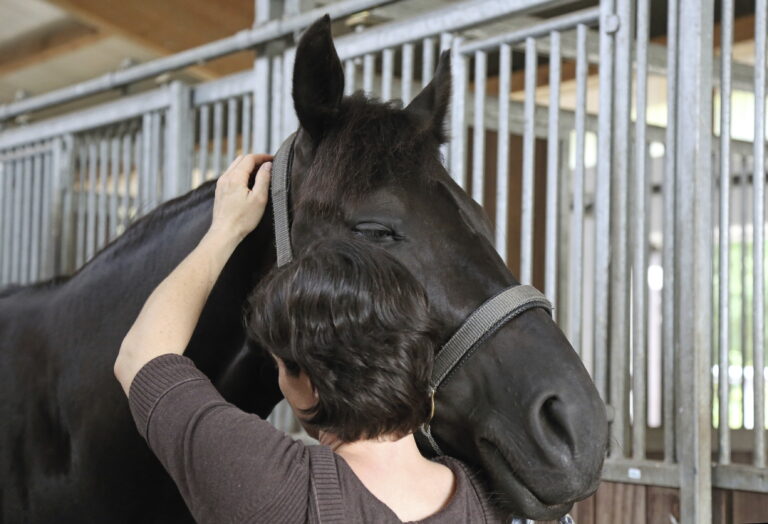
On September 20 and 24, the National Veterinary Services Laboratories confirmed four positive equine infectious anemia (EIA) results in Quarter Horse racehorses. The horses were part of a group that recently moved from racing in New Mexico to Los Alamitos, California.
Testing of in-contact horses in California and epidemiologically linked horses in Texas and New Mexico yielded an additional 19 EIA-positive horses to date (12 in California, two in New Mexico, and nine in Texas). The horses were racing under the same trainer and attending the same series of sanctioned races in New Mexico in August and September. Additional exposed horses have been identified and are being tested in multiple states. The current investigation indicates EIA spread among these horses occurred by iatrogenic transmission.
Twenty-one of the EIA-positive horses were euthanized. One horse died of the disease, and one horse remains quarantined in New Mexico.
EDCC Health Watch is an Equine Network marketing program that utilizes information from the Equine Disease Communication Center (EDCC) to create and disseminate verified equine disease reports. The EDCC is an independent nonprofit organization that is supported by industry donations in order to provide open access to infectious disease information.
About EIA
Equine infectious anemia is a viral disease that attacks horses’ immune systems. The virus is transmitted through the exchange of body fluids from an infected to an uninfected animal, often by blood-feeding insects such as horseflies. It can also be transmitted through the use of blood-contaminated instruments or needles.
A Coggins test screens horses’ blood for antibodies that are indicative of the presence of the EIA virus. Most U.S. states require horses to have proof of a negative Coggins test to travel across state lines.
Once an animal is infected with EIA, it is infected for life and can be a reservoir for the spread of disease. Not all horses show signs of disease, but those that do can exhibit:
- Progressive body condition loss;
- Muscle weakness;
- Poor stamina;
- Fever;
- Depression; and
- Anemia.
EIA has no vaccine and no cure. A horse diagnosed with the disease dies, is euthanized, or must be placed under extremely strict quarantine conditions (at least 200 yards away from unaffected equids) for the rest of his life.












